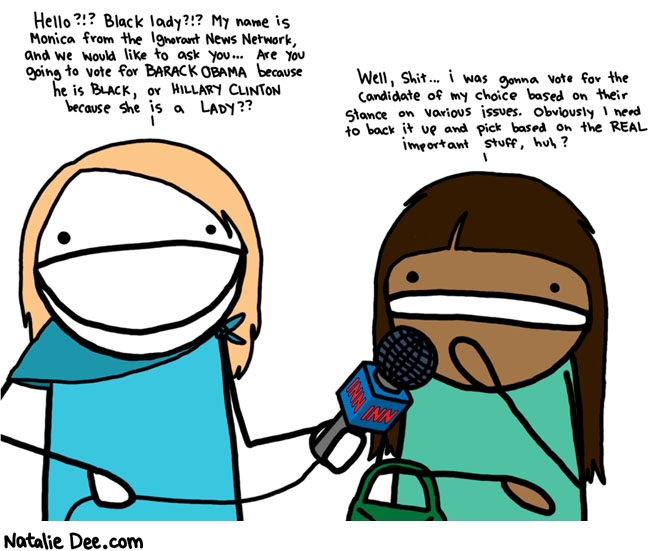 MOSCOW, August 29 (RIA Novosti) - Russia's Black Sea Fleet is capable of destroying NATO's naval strike group currently deployed in the sea within 20 minutes, a former fleet commander said on Friday. (Russian Navy modernized - Image gallery)
MOSCOW, August 29 (RIA Novosti) - Russia's Black Sea Fleet is capable of destroying NATO's naval strike group currently deployed in the sea within 20 minutes, a former fleet commander said on Friday. (Russian Navy modernized - Image gallery)Russia's General Staff said on Tuesday there were 10 NATO ships in the Black Sea - three U.S. warships, the Polish frigate General Pulaski, the German frigate FGS Lubeck, and the Spanish guided missile frigate Admiral Juan de Borbon, as well as four Turkish vessels. Eight more warships are expected to join the group.
"Despite the apparent strength, the NATO naval group in the Black Sea is not battle-worthy," Admiral Eduard Baltin said. "If necessary, a single missile salvo from the Moskva missile cruiser and two or three missile boats would be enough to annihilate the entire group."
"Within 20 minutes the waters would be clear," he said, stressing that despite major reductions, the Black Sea Fleet still has a formidable missile arsenal.
However, Baltin said the chances of a military confrontation between NATO and Russia in the Black Sea are negligible.
"We will not strike first, and they do not look like people with suicidal tendencies," he said.
In addition to its flagship, the Moskva guided missile cruiser, Russia's Black Sea Fleet includes at least three destroyers, two guided missile frigates, four guided missile corvettes and six missile boats.
 NATO announced its decision to deliver humanitarian aid to Georgia after the conclusion of hostilities between Tbilisi and Moscow over breakaway South Ossetia on August 12. Moscow recognized on Tuesday both South Ossetia and Abkhazia, another breakaway Georgia republic, despite being urged by Western leaders not to do so.
NATO announced its decision to deliver humanitarian aid to Georgia after the conclusion of hostilities between Tbilisi and Moscow over breakaway South Ossetia on August 12. Moscow recognized on Tuesday both South Ossetia and Abkhazia, another breakaway Georgia republic, despite being urged by Western leaders not to do so.Russia's General Staff later said the alliance's naval deployment in the Black Sea "cannot fail to provoke concern", with unidentified sources in the Russian military saying a surface strike group was being gathered there.
According to Russian military intelligence sources, the NATO warships that have entered the Black Sea are between them carrying over 100 Tomahawk cruise missiles and Harpoon anti-ship missiles.

































